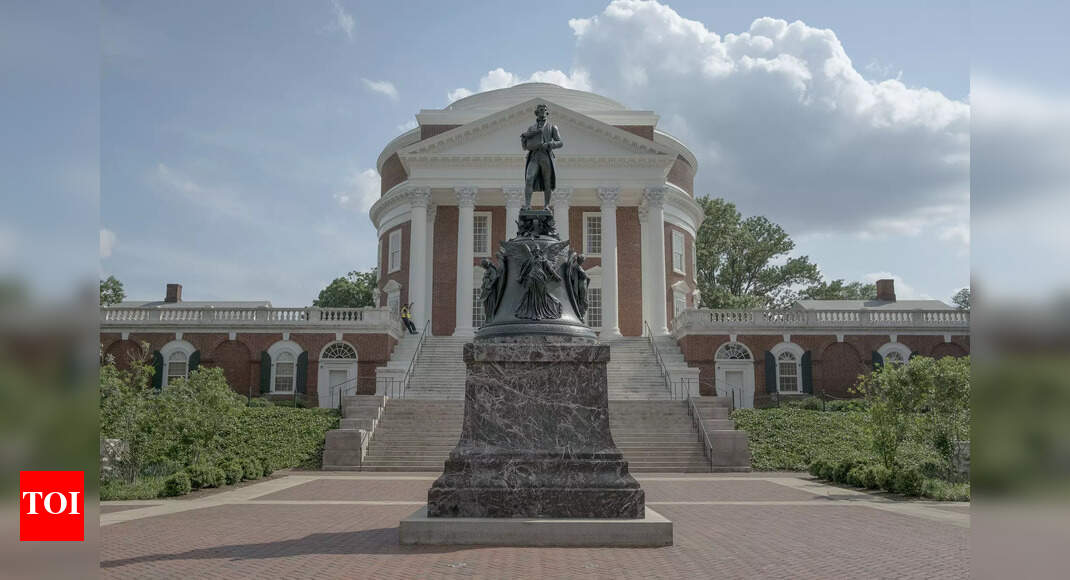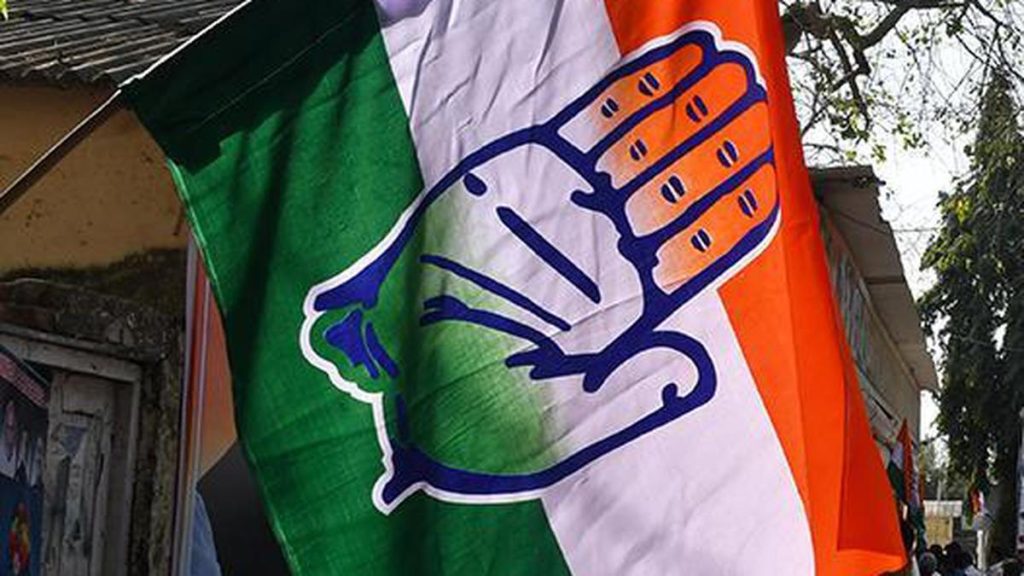Now Reading: Trump’s NEH Cuts and Their Impact on US Humanities Students
-
01
Trump’s NEH Cuts and Their Impact on US Humanities Students
Trump’s NEH Cuts and Their Impact on US Humanities Students

Speedy Summary
- The National Endowment for the Humanities (NEH) has undergone significant changes under former President Donald Trump’s cultural priorities.
- In April, nearly all grants approved during the Biden administration were canceled, affecting 1,400 research initiatives and funding for 56 state and territorial humanities councils.
- lawsuits have been filed by organizations such as the authors Guild and Oregon Humanities, citing concerns about unconstitutional actions and misallocation of legally protected funds.
- funding cuts have impacted student programs; several councils downsized staff or suspended community programming tied to research internships and fellowships.
- NEH announced $34.8 million in new grants focusing on ancient documentation of US founding-era figures but significantly reduced support for race,gender,or LGBTQ+ history projects.
- Some previously canceled projects (e.g., Walt whitman Archive) received partial restoration but broader concerns persist about fund allocation prioritization.
- Students pursuing humanities degrees may face long-term challenges securing grants amidst reprioritization efforts.
!How Trump’s NEH funding changes are starting to impact US humanities students
Indian opinion Analysis
The reshuffling of NEH funds represents a broader shift in how historical narratives are prioritized in public academia under changing political administrations. For students engaged in subjects like history or cultural studies-fields where resources largely depend on federal sponsorship-the altered focus toward founding-era documentation may prove useful yet restrictive by disproportionately emphasizing certain narratives over others.
while some notable canceled projects were partially reinstated, the reduction of support for diversity-focused initiatives raises questions about inclusivity within public-funded archival work essential to capturing multifaceted historical experiences.for India-where diverse historiographical perspectives coexist-the advancement highlights potential lessons on policy stability when allocating national-level academic resources across varying ideologies without jeopardizing institutional continuity that supports extensive scholarship.
Read More: Times of India Article























